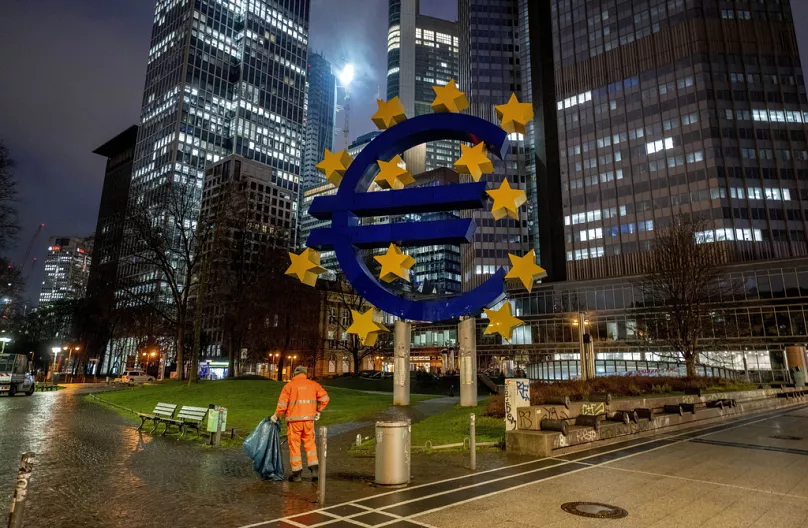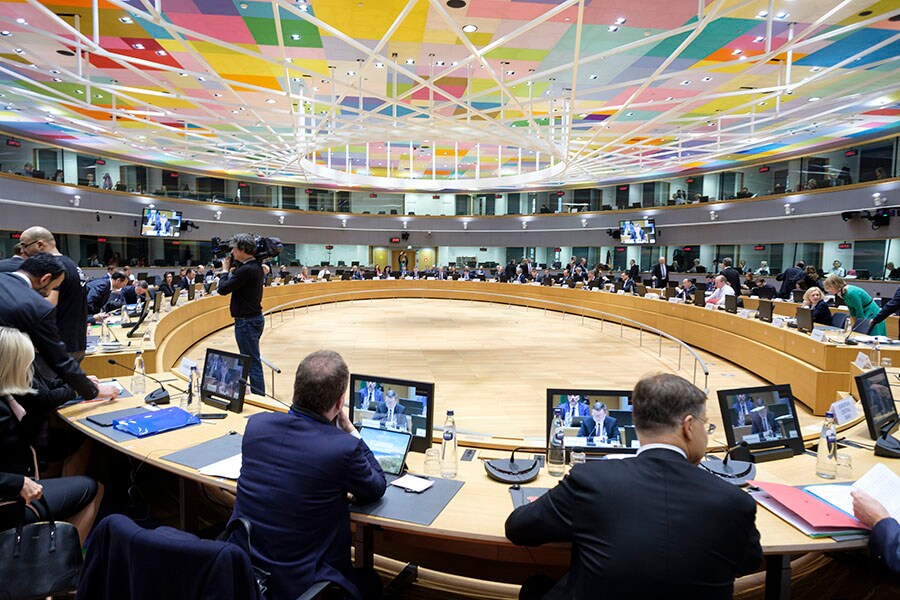The European Union’s ambitious plan to introduce a digital euro has been placed on hold, as financial ministers across member states express growing concerns about its feasibility and implications. This development marks a significant moment in the EU’s efforts to modernize its financial infrastructure and adapt to the rapidly evolving digital economy.
The digital euro proposal was initially conceived as a response to the increasing digitization of financial transactions and the rise of cryptocurrencies. The European Central Bank (ECB) envisioned the digital euro as a complementary digital currency that would coexist with physical cash, providing European citizens with a secure and efficient means of payment.

In 2021, the ECB began investigating the potential benefits and challenges of implementing a digital euro. The initiative aimed to enhance cross-border payments, increase financial inclusion, and safeguard the EU’s monetary sovereignty in the face of growing competition from private digital currencies.
Despite the initial enthusiasm for the digital euro, financial ministers have raised several concerns that have led to the project’s current suspension. Key issues include:
Economic Stability: Ministers worry that a digital euro could disrupt traditional banking systems and lead to financial instability. There are fears that individuals might withdraw funds from banks in favor of holding digital euros, which could destabilize the banking sector.

Privacy and Security: The potential for heightened surveillance and data privacy concerns has been a significant point of contention. Financial ministers are cautious about how a digital euro could affect citizens’ privacy and the security of transactions.
Implementation Costs: The financial implications of developing and implementing a digital euro are substantial. Ministers are concerned about the costs associated with integrating this new currency into existing financial systems and ensuring its widespread adoption.
The decision to pause the digital euro initiative raises questions about the EU’s competitive position in the global digital currency landscape. With countries like China leading the way with its digital yuan, the EU risks falling behind in digital finance innovation.

Additionally, the delay may signal to the market that the EU is not fully prepared to embrace digital currency, which could impact investor confidence and the overall perception of the EU as a leader in financial technology.
As the EU grapples with the complexities of implementing a digital euro, it must address the concerns raised by financial ministers. The future of the digital euro remains uncertain, but it is clear that any steps forward will require careful consideration of economic stability, privacy, implementation costs, and regulatory challenges. The pause in the initiative serves as a reminder of the delicate balance between innovation and caution in the rapidly evolving world of digital finance.


